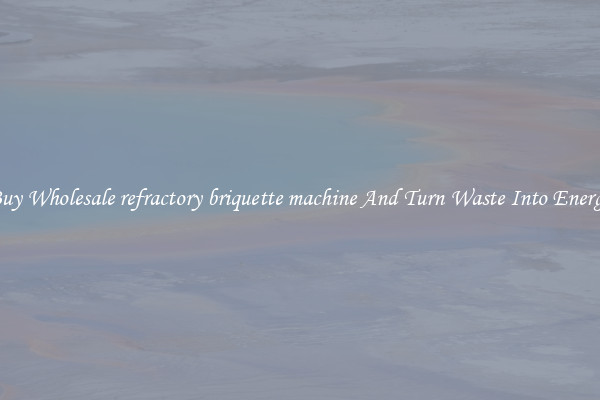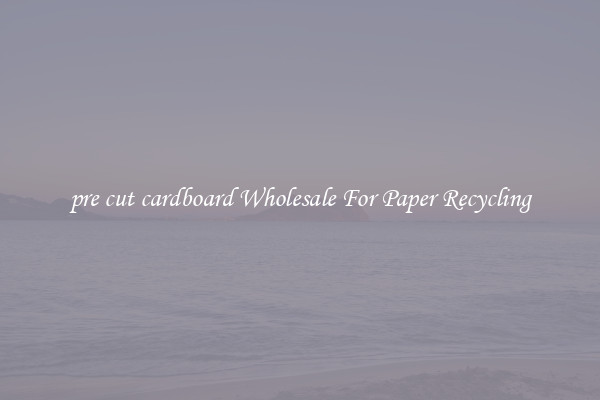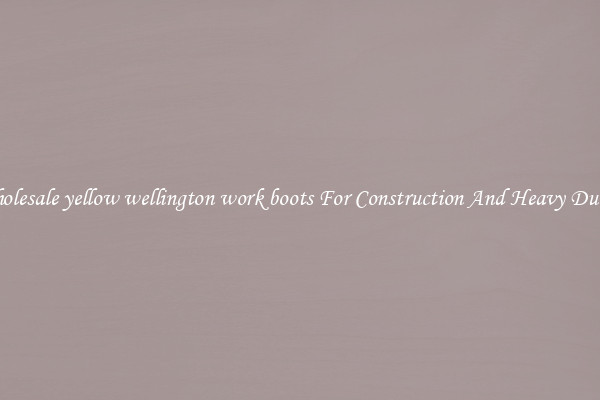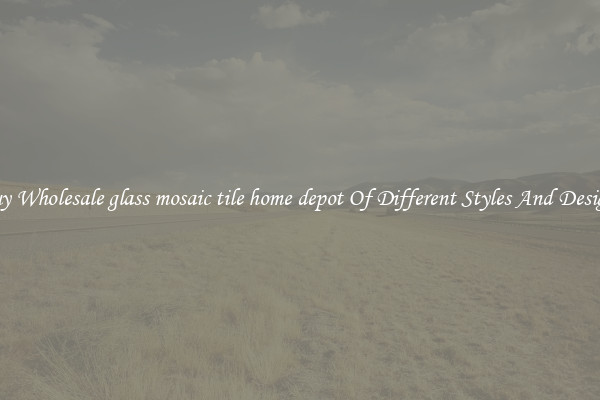Wholesale composting of municipal solid waste Products For Recycling
Wholesale Composting of Municipal Solid Waste Products for Recycling
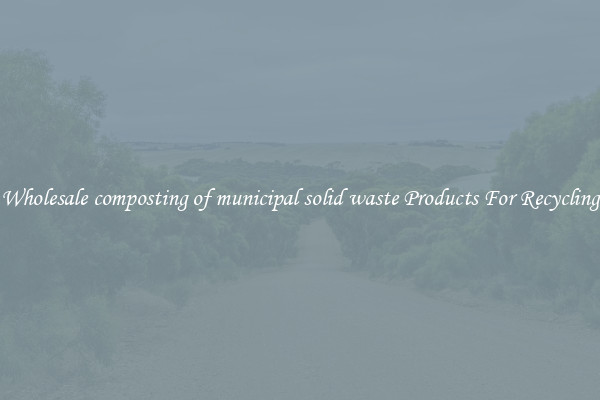
Composting is a natural process that transforms organic waste materials into nutrient-rich compost, which is an excellent soil amendment. It benefits the environment by diverting waste from landfills and reducing greenhouse gas emissions. While individual composting efforts are commendable, wholesale composting of municipal solid waste products takes the impact to a whole new level.
Wholesale composting involves large-scale composting facilities that have the capacity to handle significant amounts of organic waste produced by municipalities. This approach allows for the efficient and effective recycling of organic materials, including food waste, yard trimmings, and other types of biodegradable waste.
One of the major benefits of wholesale composting is the reduction of landfill space required. Municipal solid waste takes up precious space in landfills and poses a significant environmental risk. By composting organic waste, the volume of waste going to landfills is significantly reduced, saving valuable space and reducing the need for additional landfill sites.
Furthermore, composting reduces the emission of greenhouse gases, particularly methane, which is a potent contributor to climate change. When organic waste decomposes in landfills where oxygen is scarce, it produces methane gas. With wholesale composting, organic waste is diverted from landfills into composting facilities where proper oxygen levels are maintained, minimizing methane emissions.
Additionally, the compost produced through wholesale composting is a valuable resource. It can be used as a soil amendment in various applications, such as agriculture, landscaping, and urban greening. Compost improves soil health, enhances water retention, and adds nutrients, reducing the need for synthetic fertilizers and pesticides. By utilizing compost, we can promote sustainable and regenerative agricultural practices that benefit both the environment and human health.
Moreover, wholesale composting contributes to the local economy by creating jobs and promoting sustainable waste management practices. Composting facilities require a workforce to operate and maintain them, providing employment opportunities in the communities where they are established. Additionally, the demand for compost stimulates the growth of compost-related businesses, such as compost distributors and suppliers, further supporting the local economy.
In conclusion, wholesale composting of municipal solid waste products is an efficient and sustainable approach to recycling organic waste. It not only reduces the amount of waste going to landfills but also mitigates greenhouse gas emissions and provides a valuable resource for soil health improvement. By embracing wholesale composting, we can foster a circular economy, protect the environment, and create a healthier and more sustainable future for generations to come.

View details
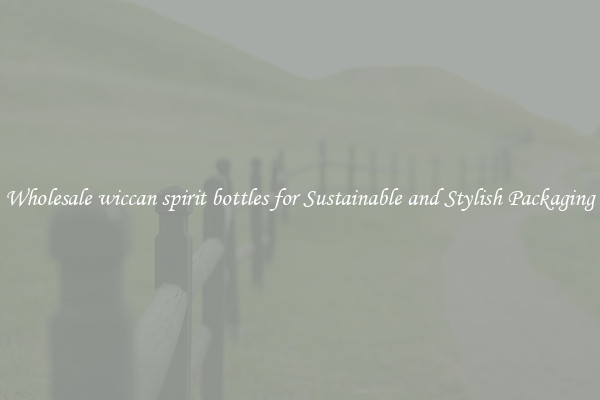
View details
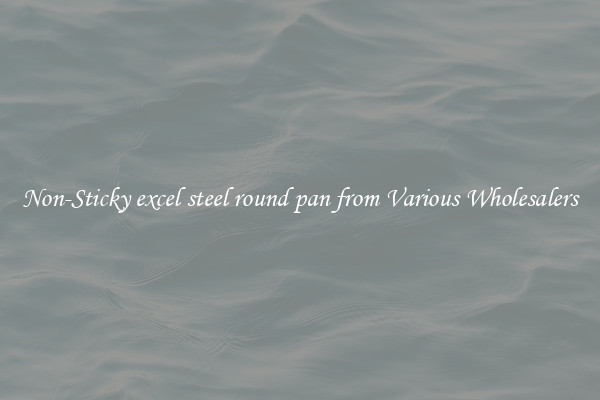
View details

View details


